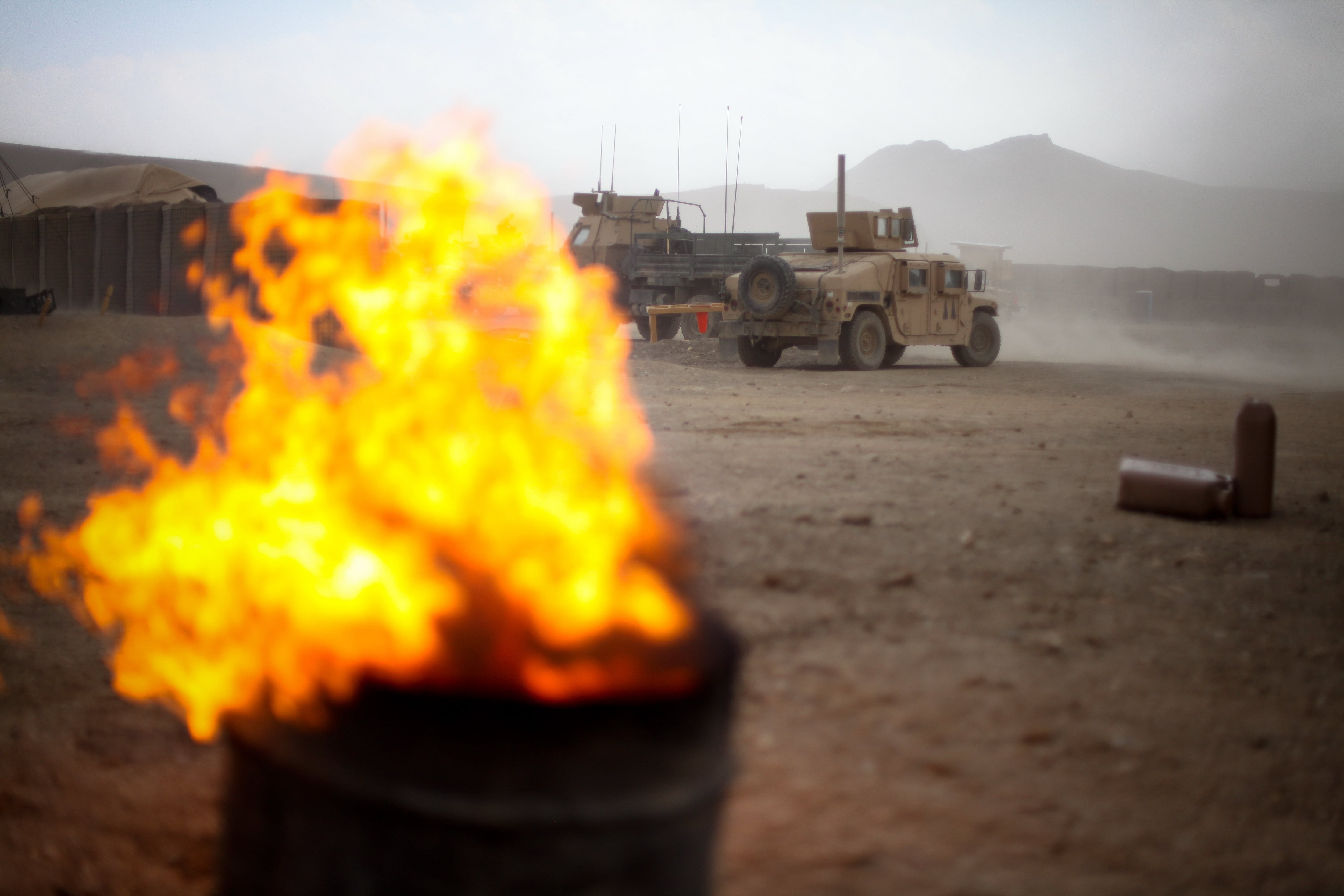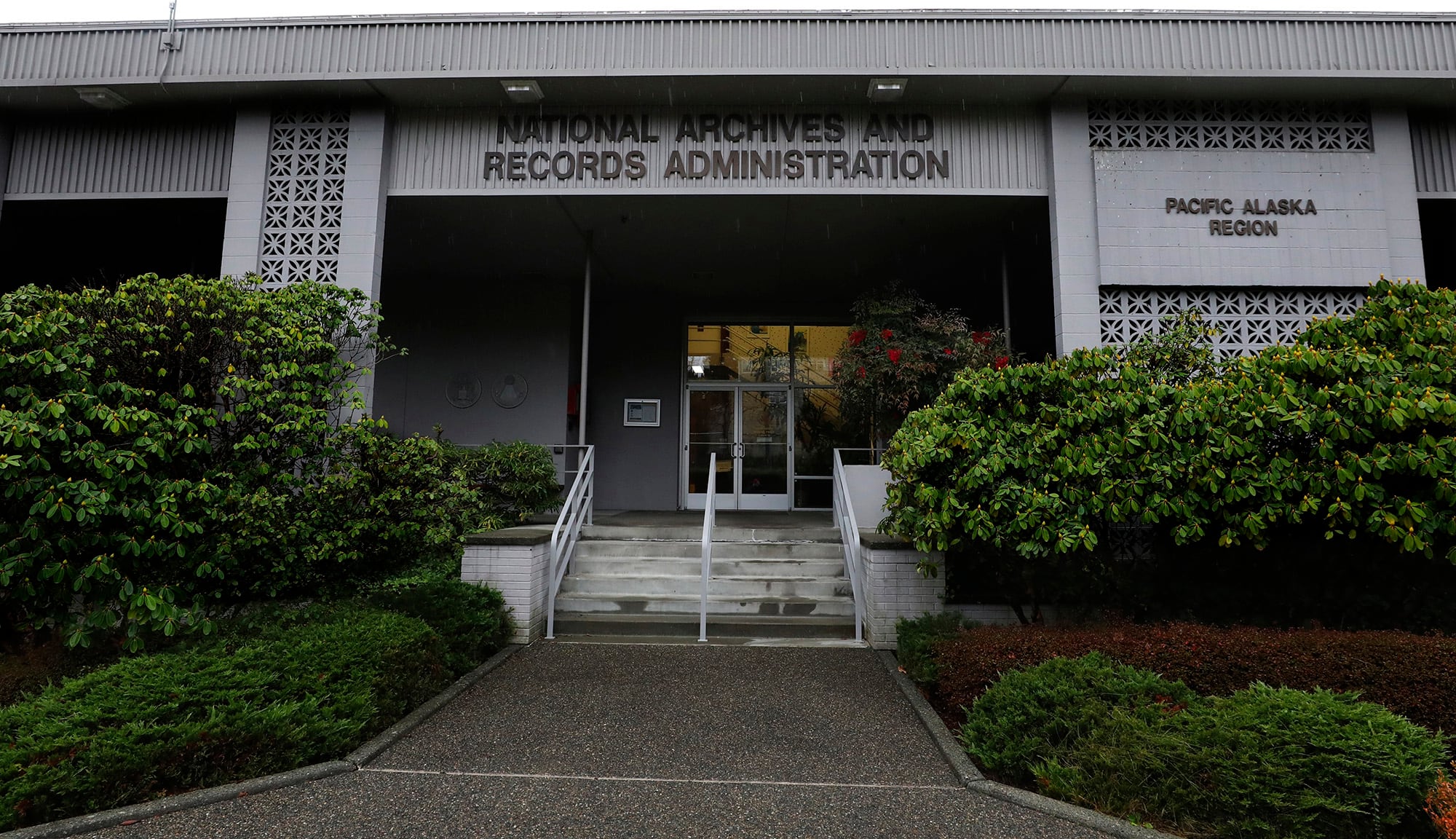Veterans Affairs officials don’t know how bad the backlog of veteran disability claims will get this fall, but they know it’s getting worse.
The backlog — defined as the number of first-time disability and pension claims that have been awaiting decisions for more than four months — topped 215,000 this week, up 16 percent since July and nearly triple what it was in early 2020 before the coronavirus pandemic in America.
In a press conference with reporters on Wednesday, VA Secretary Denis McDonough acknowledged that the problem is going to get worse before it gets better.
RELATED

“We anticipate the backlog to further increase this fall as we process claims for new presumptive conditions from the Vietnam and Gulf wars,” he said.
“We’re in the field fulfilling those claims now. But we want to keep warning our veterans about what to expect, so they see what’s coming in the same way that we do.”
Before the coronavirus pandemic, the claims backlog hadn’t been above 200,000 cases since 2015. In the years before that, the delayed cases swelled to more than 600,000, drawing national criticism from advocates and lawmakers who said the slow pace of work was delaying needed financial support for injured veterans.
After the department digitized most of its medical records and hired more claims processors, officials had been able to keep the backlog under 100,000 cases up until early 2020.
Office closings due to the pandemic and new claims files for blue water veterans from the Vietnam war — individuals who served in coastal waters but were given presumptive disability benefits status by Congress because of possible exposure to chemical defoliants — led to the recent spike in delayed processing.
Past VA leaders have said that reaching zero backlogged cases is impractical, because in many cases the complexity of claims or concerns about incomplete medical records require staff to take extra time to ensure veterans are getting all of the payouts they are owed.
Officials could close out those cases quicker to meet the backlog deadline, but then the files would end up in the appeals process, which can take years to resolve.
RELATED

But McDonough said he is committed to driving the backlog claims number back down. VA officials plan to hire about 2,000 new personnel to help sort through the existing files and anticipated surge new ones coming this fall, as the department begins to offer presumptive benefit status for certain burn pit related illnesses for the first time.
“We think that we’re staying ahead of this so that we don’t fall into some of the big backlogs we’ve seen in the past,” he said. “But any individual who is impacted matters very much to me, so I want to make sure we’re communicating about that and preparing for it.”
Despite the recent surge in caseload, VA officials have not seen a corresponding decrease in claims processing accuracy. According to internal department data, about 95 percent of cases are correctly completed, a figure that has remained steady over the last three years.
Leo covers Congress, Veterans Affairs and the White House for Military Times. He has covered Washington, D.C. since 2004, focusing on military personnel and veterans policies. His work has earned numerous honors, including a 2009 Polk award, a 2010 National Headliner Award, the IAVA Leadership in Journalism award and the VFW News Media award.
